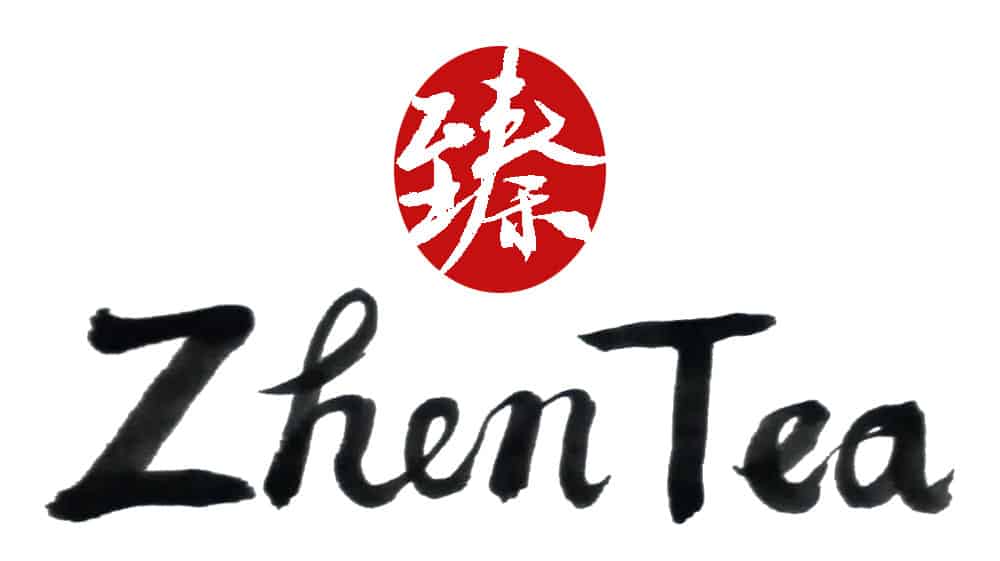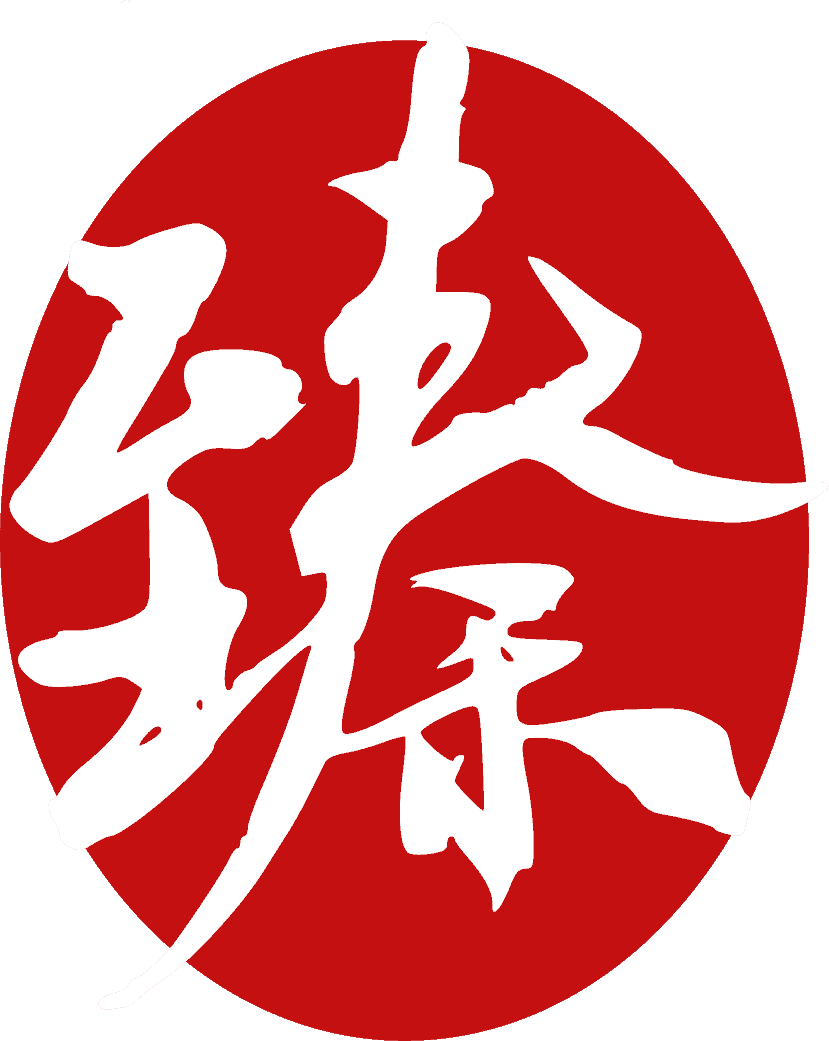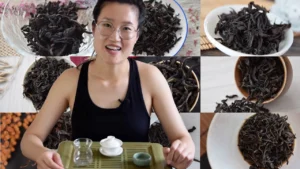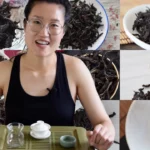An Interesting Twist of Fate
The story of Yunnan Pu’er reminds me of an old Chinese saying, “Thirty years on the east coast, thirty years on the west coast.” This is a tongue in cheek way of saying how unpredictable life and peoples situations can be. The story of Pu’er demonstrates this as an ironic twist of fate lead to the proverbial grasshopper prospering the most for doing the least amount of preparation.
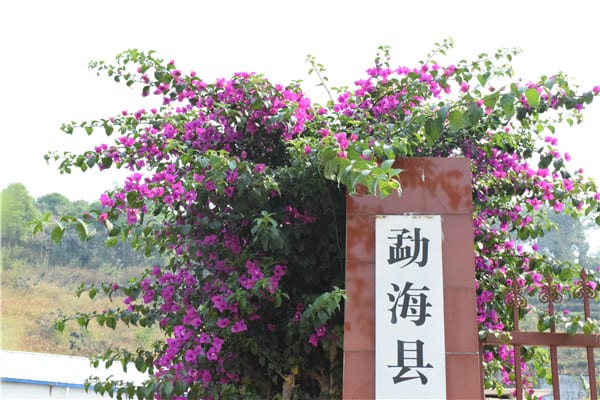
South of the Colorful Cloud, A Place of Nature’s Gift
Yunnan is well known as ‘South of Colorful Cloud’. Which is a Chinese expression that means it’s a place with a wonderful climate and incredibly rich soil (I know, it’s kind of lost in the translation). All kinds of veggies and fruits grow so well in this region. The standing belief is that – as long as you throw a seed on the ground, it will grow into a big tree in couple of years, and it’s pretty much true! There was a huge loquat tree at the factory where we stayed and that is exactly how it came to be! The abundant supply of food from the land and the absence of harsh climate make it easy to survive. For example, every meal we had during our stay in Menghai came from the various little gardens around the factory. It was absolutely delightful to be spoiled with so much fresh food. But the history of the place, combined with the modern pu’er craze has created a bizarre Cinderella / reverse grasshopper-ant mash-up story.
Cinderella and the Prosperous Grasshopper
Nowadays, if you have a small field of ancient tea trees on the mountain in the Yunnan area, you won’t have to worry about your annual income. Even if you only have several ancient tea trees on one of the famous mountains, people will come to you and hold a small auction beside the tree that you are about to climb onto to pluck tea. In Yunnan, people on the mountain have become the nouveau riche. This is the current state of the pu’er craze.
But the story was quite different before pu’er fever swept the globe. Back in the day there was quite a distinction between the rich and the poor and it wasn’t particularly friendly. The richer villagers live on the plains because of the undebatable convenience. They chased the relatively poorer people out of the village and into the mountains. The same dynamic existed in the mountains between the poor and the ‘even more poor’. So basically the higher you were up the mountain, the poorer you were. And the rich people who lived on the plains generally despised those who lived in the mountains. At that time, nobody would have ever guessed that one day living in the mountains would mean living on a gold mine.
During the 60’s and 70’s, the government encouraged locals to plant more tea gardens with new tea bushes which have a better sprout rate. The intention was to help locals harvest more tea and increase the local economy. So those who were willing to work hard to improve their life followed the suggestion. It made total sense, even though it was a lot of work. They opened more fields to grow these tea bushes, and cut down the older tea trees to replace them with better sprouting, easier to harvest tea bushes. This action worked to their benefit in the 80’s and 90’s when pu’er market was just turning up. But who could have predicted that old and ancient tea trees would be so sought out after 2005? So why are there still so many old and ancient tea trees still if the wisdom of the day was to plant new bushes? You may think someone was a genius and saw this coming, but that is not the case. Basically it boils down to laziness. Many simply didn’t want to do tonnes of extra work. Living in the mountain in Yunnan means when you are hungry, you simply go find some fruit and veggie and harvest them. You don’t even need to maintain the food source since they grows so easily in the wild. Such an attitude in many other parts of the world would be a life and death decision, but in Yunnan it’s only the difference of a good life or a poor life. Since they had already been living with minimal living standards (an extremely poor life from modern life perspective) for so long, they were happy with their minimum work lifestyle.
Enter the ancient tea pu’er craze. Reflecting on economic history of the region, I couldn’t help but thinking how odd these twists of fate can be. The poor people who were too lazy to work in the fields were evicted out of the village up to the mountains; they became poor mountain people who were too lazy to cut the trees and plant the tea bushes. And now, ‘mountains grown’ and ‘old/ancient tree’ have become magic words for pu’er. Compared to tea bushes, the price of the fresh leaves from the old/ancient tea trees is over 100 times more. And if the ancient tree is in a famous village or area like Banzhang or Bingdao, 1000 times more is a conservative estimate. The same group of people, are not poor anymore but still remain relatively “lazy”. After all, people from all over the country (and world) flock to them offering higher and higher prices for their tea. So far, the strategy is working. And the grasshopper, at least in this case, has prospered.
